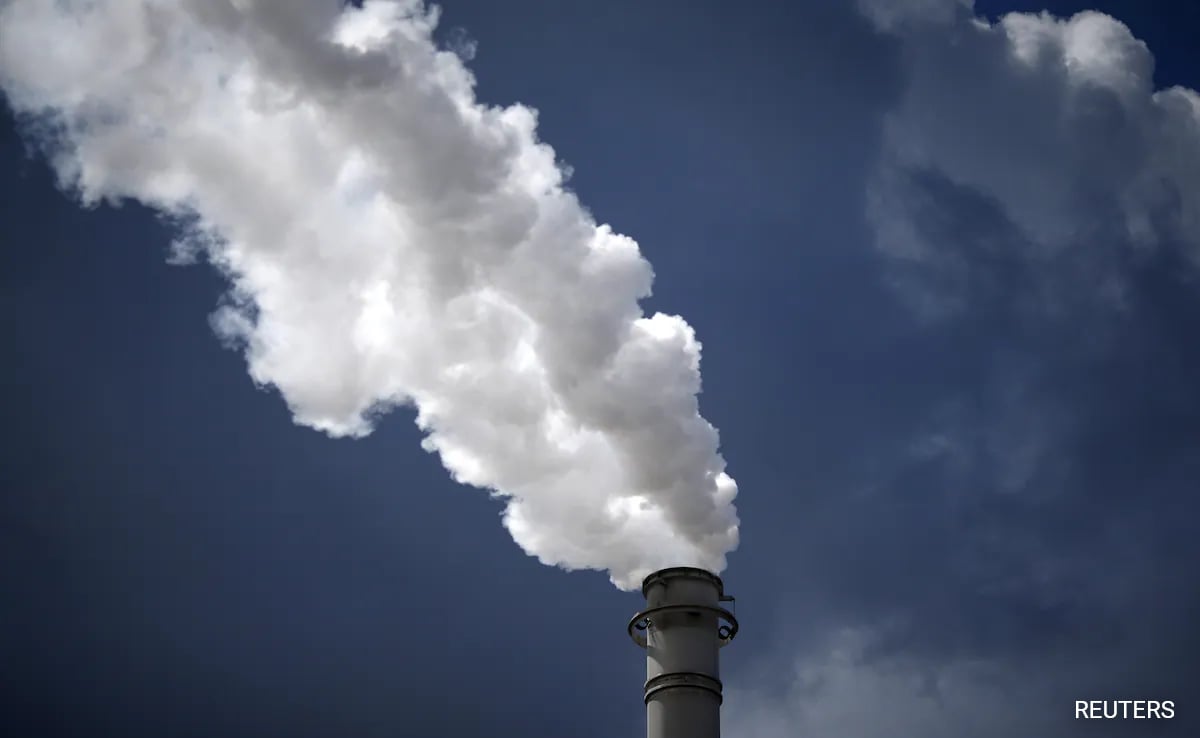2024-12-13 14:36:00

The Hague, Netherlands:
As marathon climate change hearings wrapped up Friday at the world’s top court, a representative for vulnerable nations voiced “huge disappointment” at the attitude of top polluters and urged judges to make them legally accountable for historic emissions.
The International Court of Justice (ICJ) has played host to history over the past 10 days, with a record number of nations and organisations addressing the court.
More than 100 speakers have presented, ranging from diplomats of the world’s top economies to representatives of tiny island nations making a debut appearance before the UN’s top court.
In what many experts have painted as a “David Vs Goliath” scrap, stark divisions have emerged between top polluters and those suffering most from climate change.
Major powers such as the United States, China, and India have warned the judges not to go beyond the existing legal framework for combating climate change.
But smaller states argue this blueprint, the United Nations Framework Convention on Climate Change (UNFCCC), is insufficient to mitigate the devastating effects of the changing climate.
Representing a group of 79 African, Caribbean and Pacific states, Cristelle Pratt told AFP there was “huge disappointment” at developed countries but that it was “quite unsurprising.”
“We cannot just rely on the climate treaties to address this global crisis,” said Pratt, from the Organisation of African, Caribbean and Pacific States.
“We need to look to the full body of international law. And we do need to do this because of equity and justice. Every human being on this planet has a right to live a worthwhile life,” she added.
‘Reverberate across the world’
The 15-judge ICJ panel has been tasked with crafting a so-called advisory opinion to answer two questions.
Firstly, what legal obligations do nations have to prevent climate change? Secondly, what are the legal consequences for countries whose emissions have harmed the environment, especially that of developing states?
This second question is where many vulnerable countries hope the ICJ will clarify a legal requirement for historic emitters to stump up for the damage caused.
“We do need to look at historical responsibilities and hold those emitters, mainly colonial powers, to account,” said Pratt.
“That certainly is something that we from the global south will be hoping to hear,” she added, mentioning that many of her member countries were servicing “unsustainable debt.”
The ICJ’s advisory opinion is non-binding and will take many months to emerge.
Nikki Reisch, Director of the climate and energy programme at the Center for International Environmental Law, said the ruling would “reverberate across the world.”
“This is the world’s highest court and their opinion will carry weight…. there is an opportunity for this court to break through the impunity that we’ve seen for decades and to affirm the basis for accountability,” she told AFP.
“It’s not just about paying compensation for the mounting cost of climate change. It’s about structural reforms, debt cancellation, ecosystem restoration,” she added.
‘Life and death’
The countries Pratt represents have a population of 1.3 billion but produce three percent of global emissions, she noted.
After bitterly fought COP29 climate talks, wealthy polluters agreed to find at least $300 billion a year by 2035 to help poorer countries’ transition to clean energy and prepare for an increase in extreme weather.
“The pledges are really quite insignificant,” said Pratt.
Several top polluters have argued it is impossible to enshrine into international law a responsibility for past emissions and the damage caused.
“We’ve seen time and again here in these halls that the fossil fuel giants… have urged this court to ignore history, to sweep their historical conduct, the decades of conduct that has brought the world to the brink, under the rug,” said Reisch.
The hearings have also been notable for representatives of tiny island states, often in colourful national dress, recounting searing stories of the devastation suffered by their people.
“These hearings have put into stark relief that this is a matter of life and death for so many people,” Reisch told AFP.
(This story has not been edited by NDTV staff and is auto-generated from a syndicated feed.)
Climate change,Environment,Global South,climate crisis,International Court of Justice,International Court of Justice (ICJ)
Source link
3 total views , 1 views today
